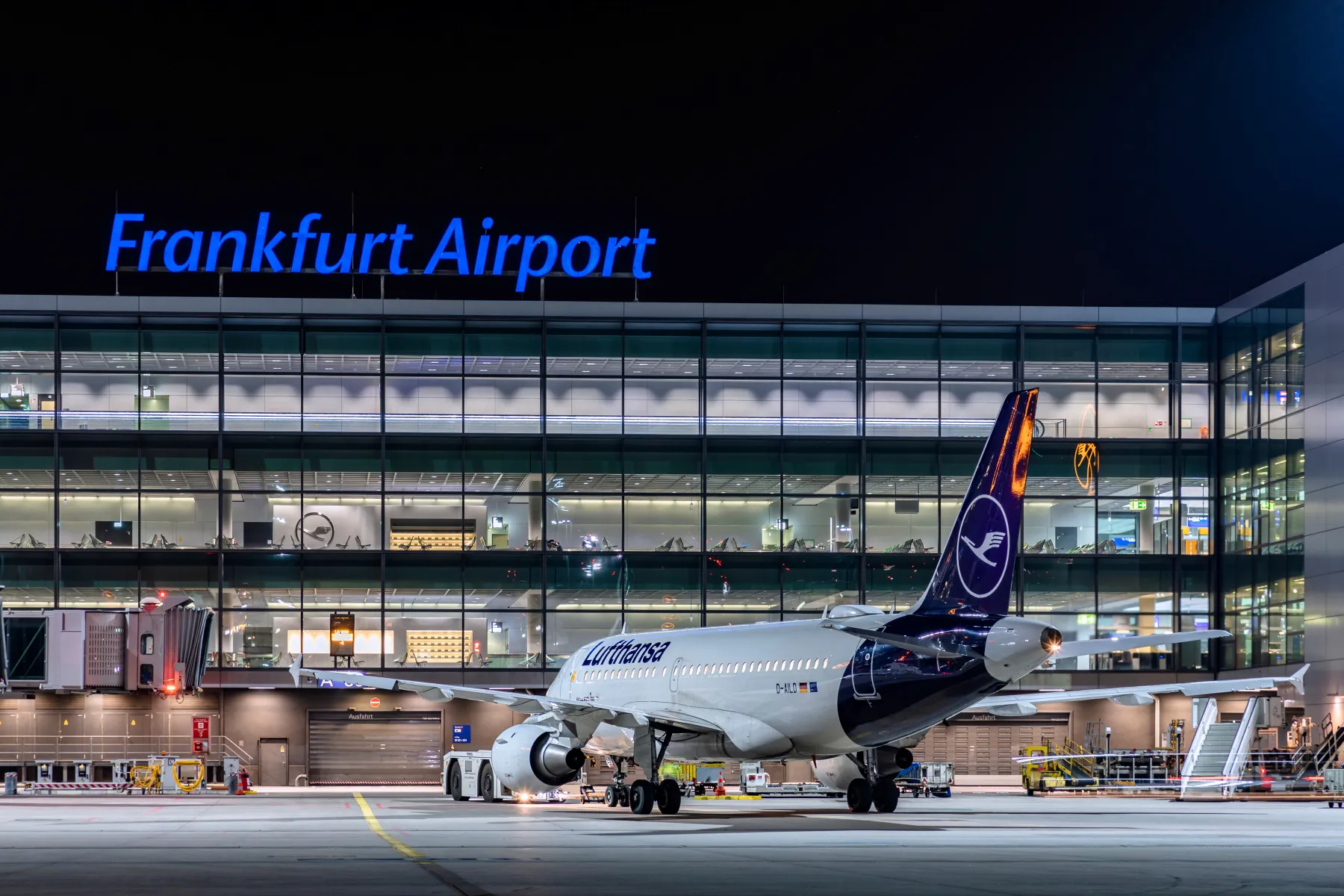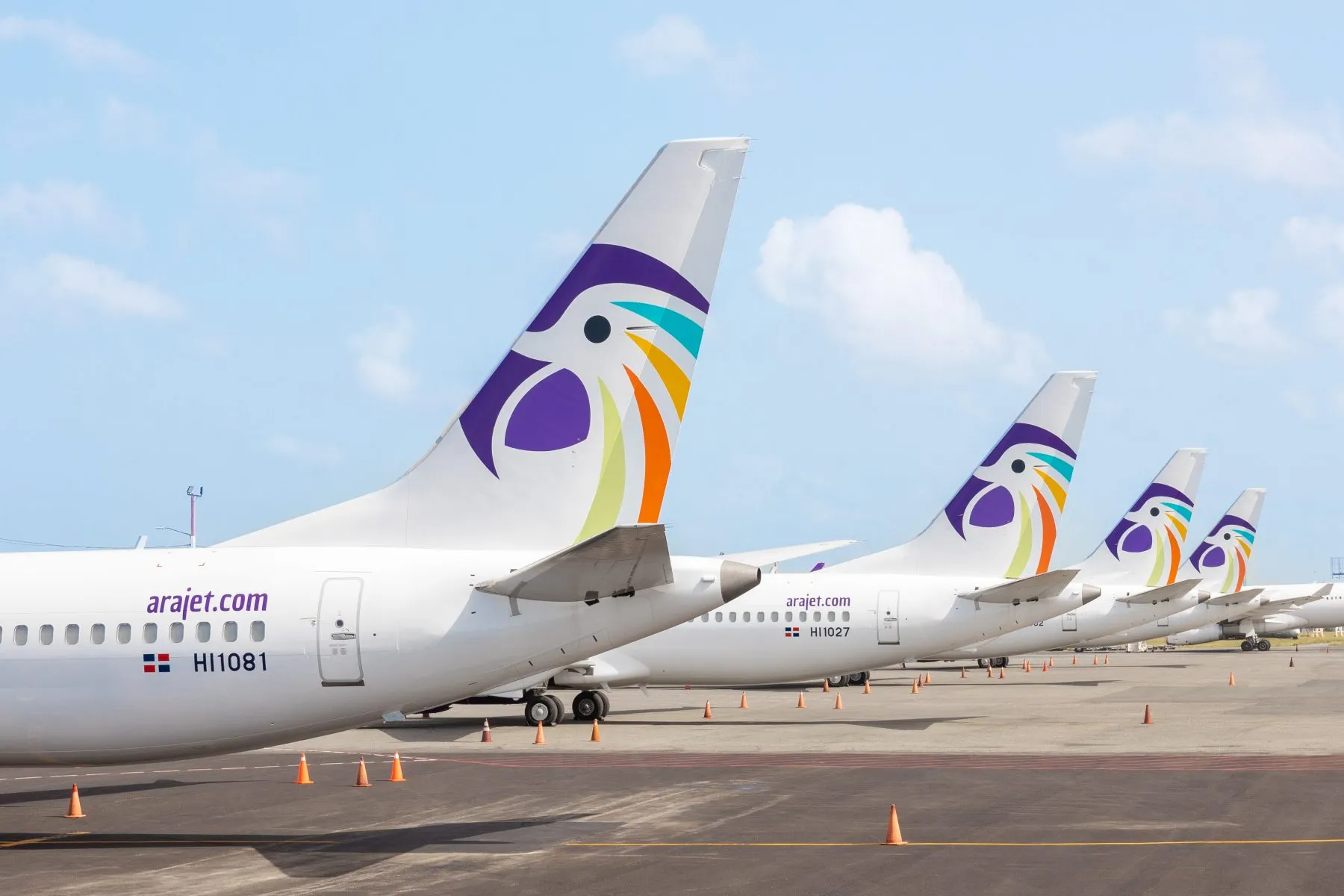Another Top United Executive Departs as CFO Abruptly Resigns
Skift Take
United Airlines Chief Financial Officer Andrew Levy is leaving, the latest in a series of departures by high-level executives brought in by CEO Oscar Munoz over the past three years.
Levy, who had been president of Allegiant Air, an ultra-low-cost carrier, joined United in August, 2016, as Munoz, who had joined the company roughly a year earlier, began to revamp his executive team. Levy started at United at the same time as Chief Commericial Officer Julia Haywood. She left after five months.
United, which announced the change Thursday afternoon, did not say why Levy decided to step down. In a note on his LinkedIn page, Levy said he is "considering several exciting opportunities and will choose one in the coming weeks." He said he was "gratified to leave the organization in solid financial standing."
In a note to his team obtained by Skift, Levy said he planned to "return to the more entrepreneurial pursuits that have defined my career." He said he had been thinking about leaving for several months.
Gerry Laderman, a senior vice president for finance who had been acting CFO before Levy joined United, again is taking the job temporarily. United said it would search for a new permanent CFO.
When Levy and Haywood joined — their hirings were announced in the same press release — many outsiders figured Munoz's senior team was complete. But two weeks later, Munoz hired former American Airlines president Scott Kirby, who began re-shaping United's strategy and its executive ranks. After Haywood left, United hired Andrew Nocella, a former senior executive at American, and a long-time colleague of Kirby's, as chief commericial officer.
Major Changes
United has changed significantly since August, 2016. Before Levy joined, Munoz kept many of previous CEO Jeff Smisek's strategies, preferring to manage the company relatively tentatively. He was more concerned with improving employee relations than with making massive changes.
Kirby has changed that. He has been more aggressive, canceling and changing aircraft orders, and overhauling the routes United flies. While once United had been content to grow capacity 1 or 2 percent per year, it is now willing to add as much as 4-6 percent, despite some concerns from investment analysts who worry such growth will depress fares. Kirby is focused on Denver, Chicago and Houston, where he has argued United is undersized.
Levy has kept a lower public profile than Kirby, though he has been the architect of a strategy to add more used airplanes, saying they're a cost effective use of capital. In April on United's first quarter earnings call, he said United had reached a deal to acquire 20 used Airbus A319s in 2020 and 2021.
Levy is the second high-profile Munoz hire to leave this year. The first was Jim Olson, senior vice president for corporate communications. He was hired in early 2016, charged with improving the airline's public messaging, but his department struggled at times, mostly notably in April 2017 after security officers in Chicago dragged a customers from a plane, injuring him. Olson left in January.
Earlier this month, United hired Josh Earnest, former White House press secretary for President Obama, as chief communications officer. He is to start next week.




